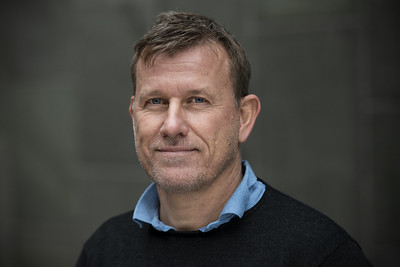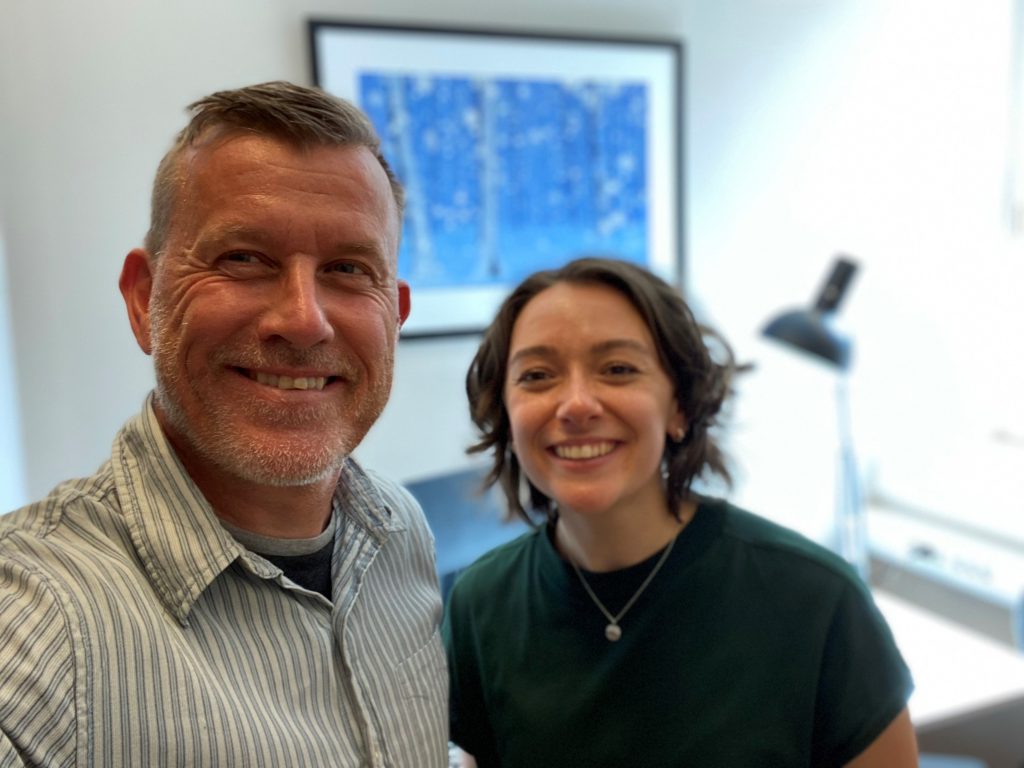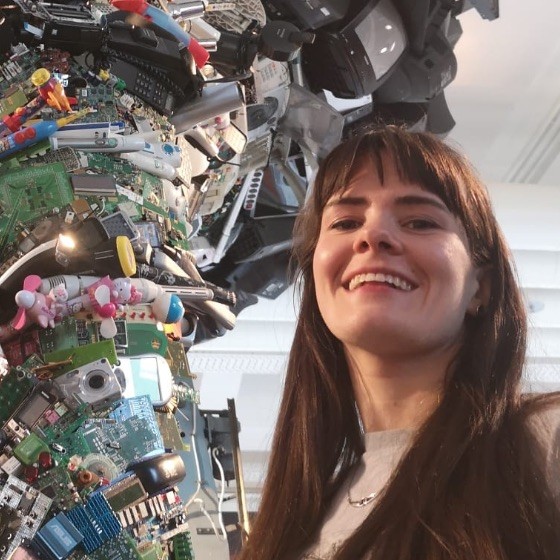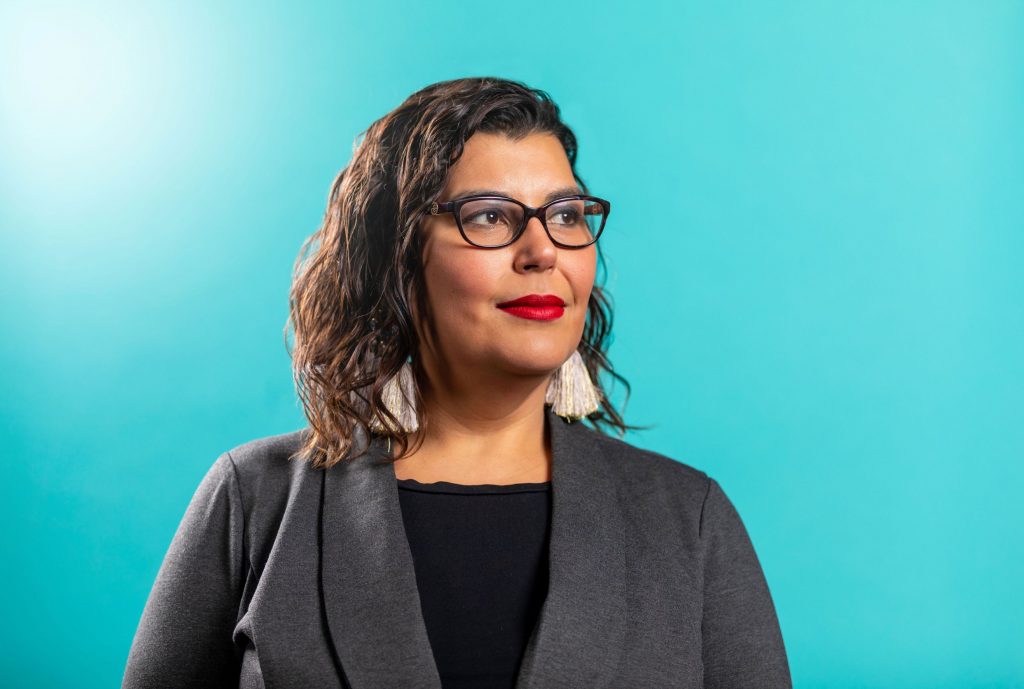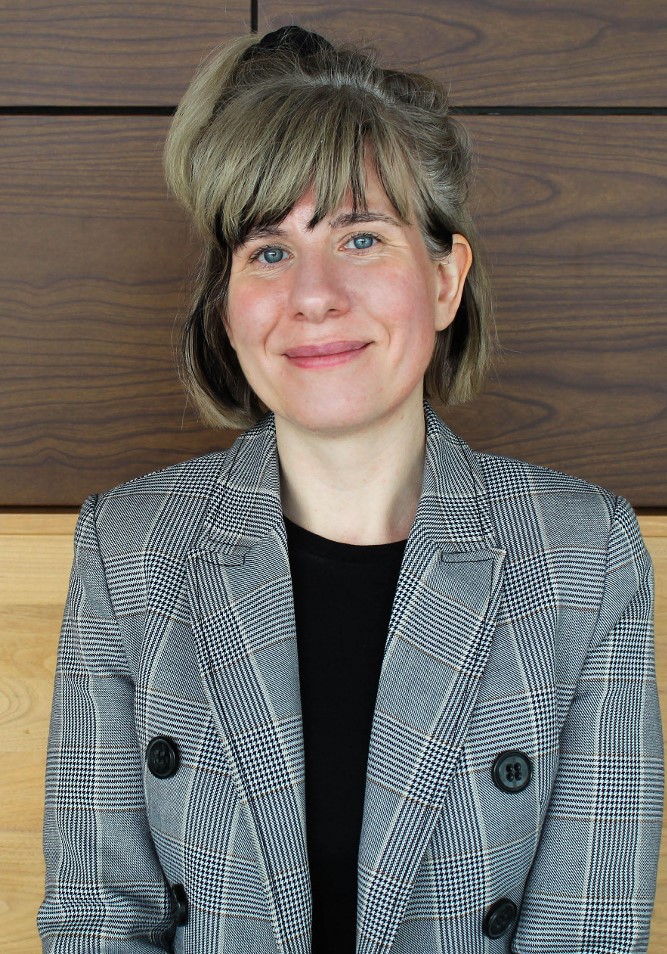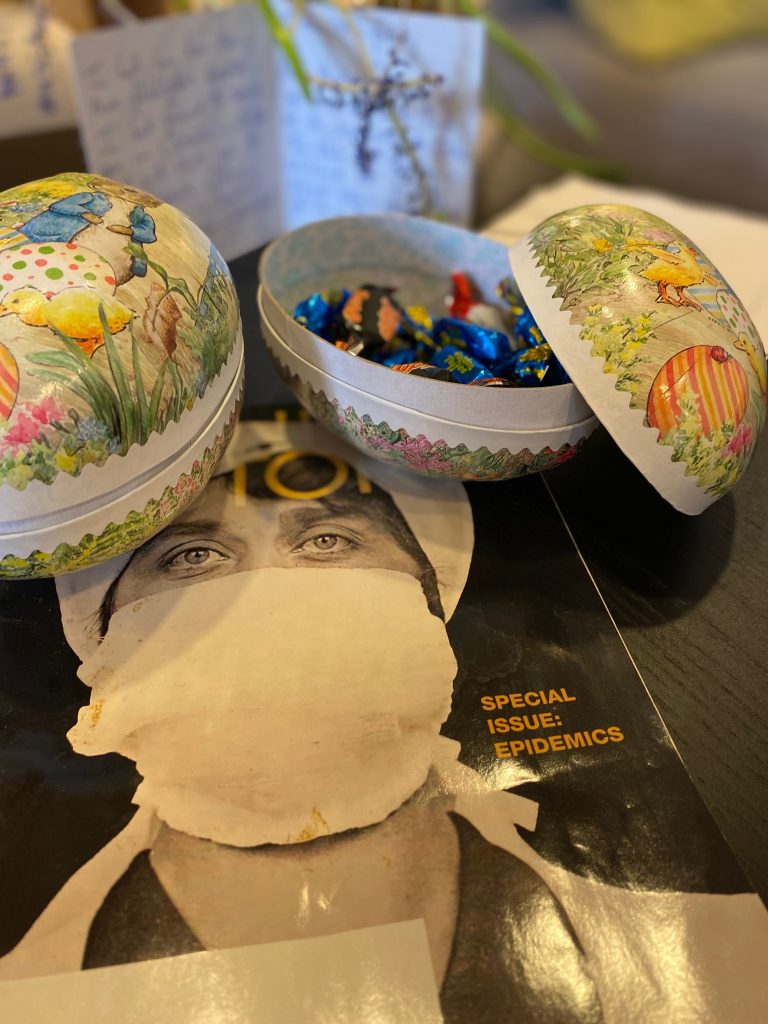The stay at CAS 2022-23 is ending this month
Over the past year, we at PANSOC have had the pleasure of hosting a large international team of researchers behind the Social Science Meets Biology: Indigenous People and Severe Influenza Outcomes project at Centre for Advanced Study (CAS) at the Norwegian Academy of Science & Letters in Oslo, Norway. This interdisciplinary research project has sought to explore the complex factors that contribute to the severe influenza outcomes often experienced by Indigenous communities in Northern Europe, North America and Oceania.
As the project comes to an end, Centre leader of PANSOC and head of the CAS-project, Professor Mamelund, has given his reflections on the project, its findings, and the future of pandemic research in an interview at CAS. Read more here: End Interview: Social Science Meets Biology | CAS (cas-nor.no)
